Optimal Timing for Water Feature Installation
Water features enhance outdoor spaces by adding visual appeal and calming sounds. Proper timing ensures optimal installation, maintenance, and enjoyment. Understanding seasonal factors is essential for achieving the best results.
Spring offers moderate temperatures and longer daylight hours, making it ideal for installing water features before peak usage seasons.
Summer provides warm weather conducive to maintenance activities, ensuring water features operate smoothly during peak usage.
Fall is suitable for preparing water features for winter, including cleaning and winterizing to prevent damage.
In colder climates, winter is generally not ideal for installation or major maintenance due to freezing temperatures.
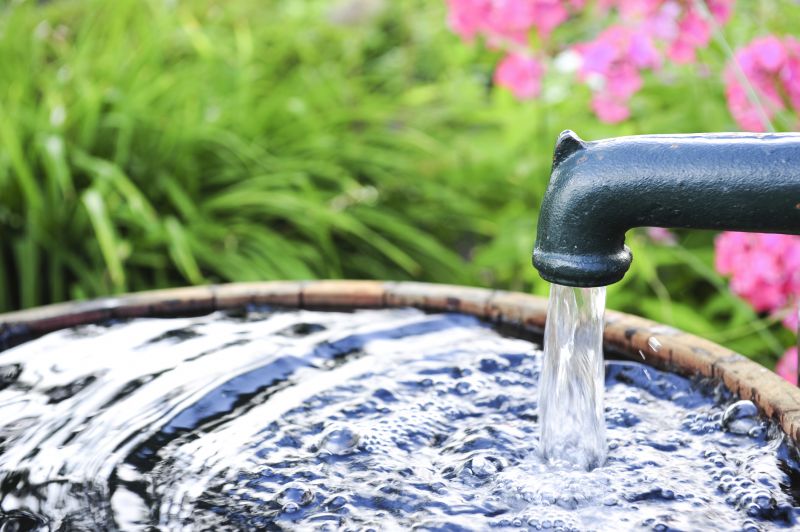
Water features installed in spring thrive through the warmer months.
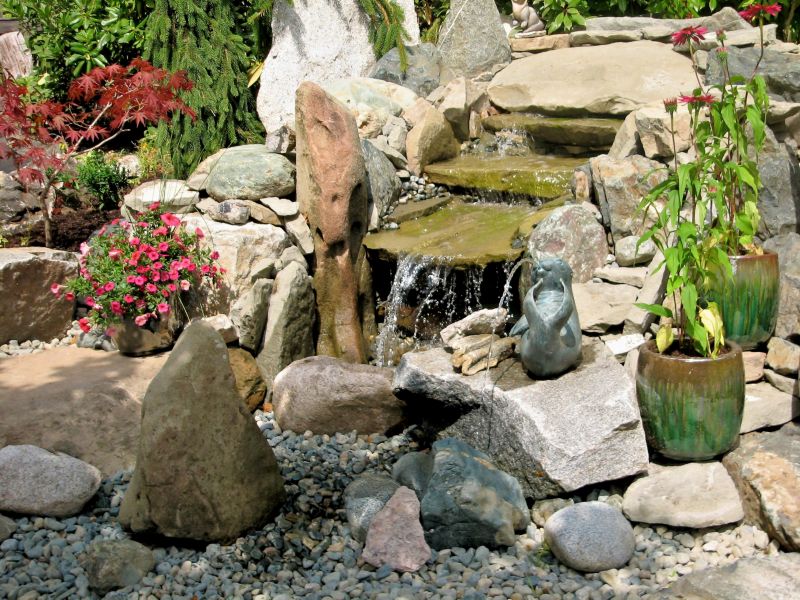
Summer is perfect for enjoying and maintaining water features at their peak.
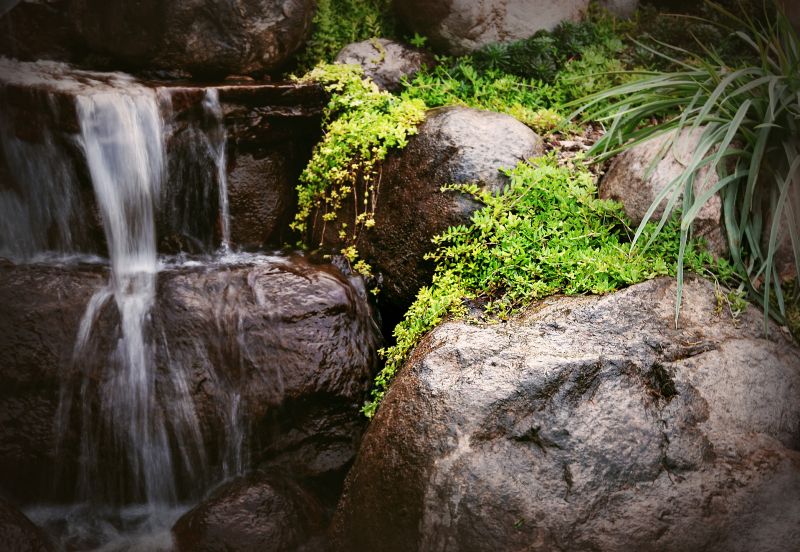
Fall preparations help ensure longevity through winter.
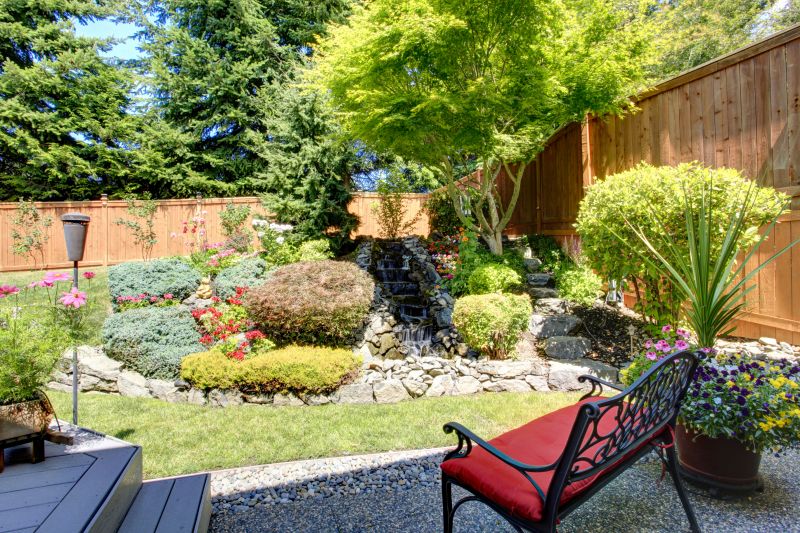
Ways to make Water Featureses work in tight or awkward layouts.
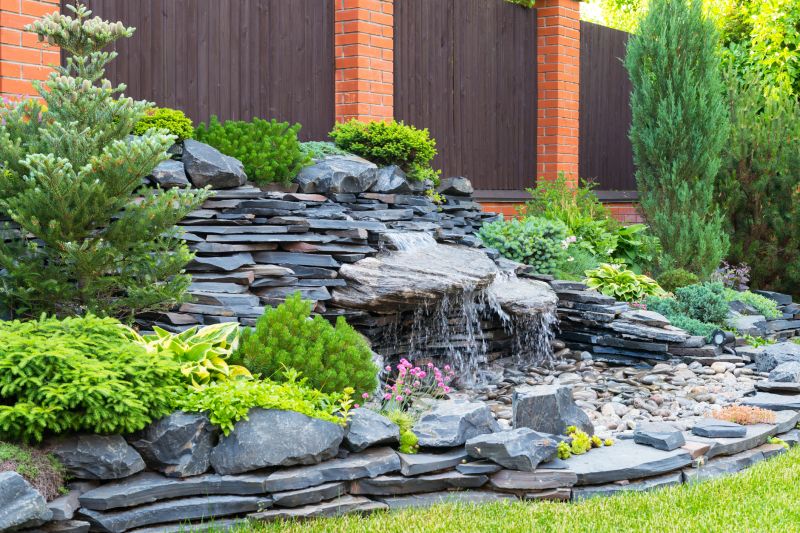
Popular materials for Water Featureses and why they hold up over time.
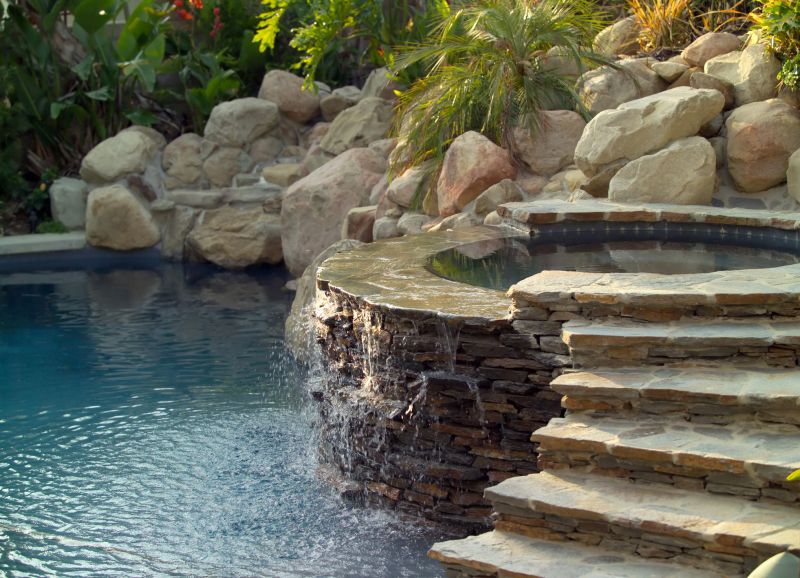
Simple add-ons that improve Water Featureses without blowing the budget.
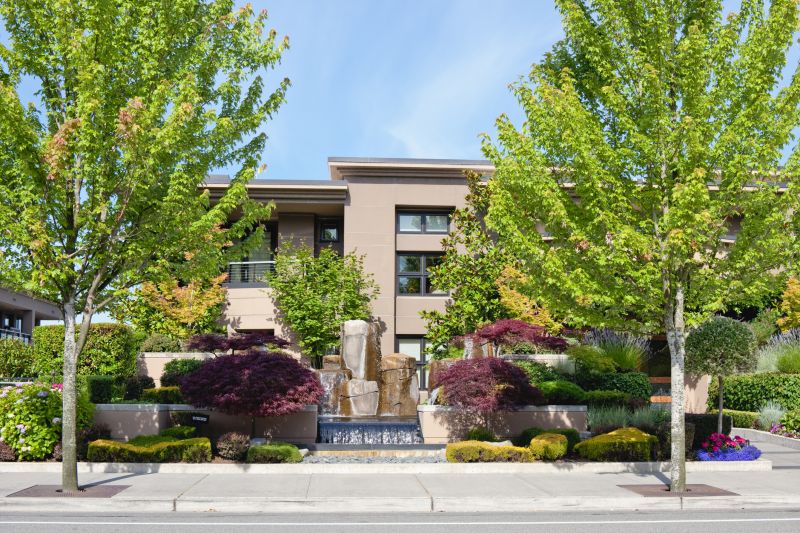
High-end options that actually feel worth it for Water Featureses.
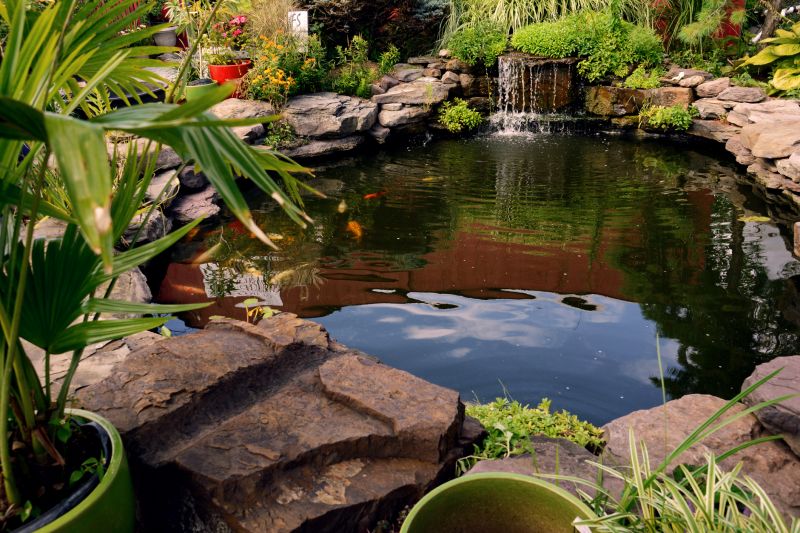
Finishes and colors that play nicely with Water Featureses.
| Season | Best Activities |
|---|---|
| Spring | Installation and setup before summer use |
| Summer | Regular maintenance and enjoyment |
| Fall | Cleaning and winterization |
| Winter | Limited activity in cold climates |
Water features are popular additions to outdoor landscapes, providing aesthetic appeal and relaxing sounds. They include ponds, fountains, waterfalls, and streams, which can be customized to suit various styles and sizes. Proper timing for installation and maintenance ensures durability and optimal performance. Seasonal considerations, such as avoiding installation during freezing temperatures, help prevent damage and reduce upkeep challenges.
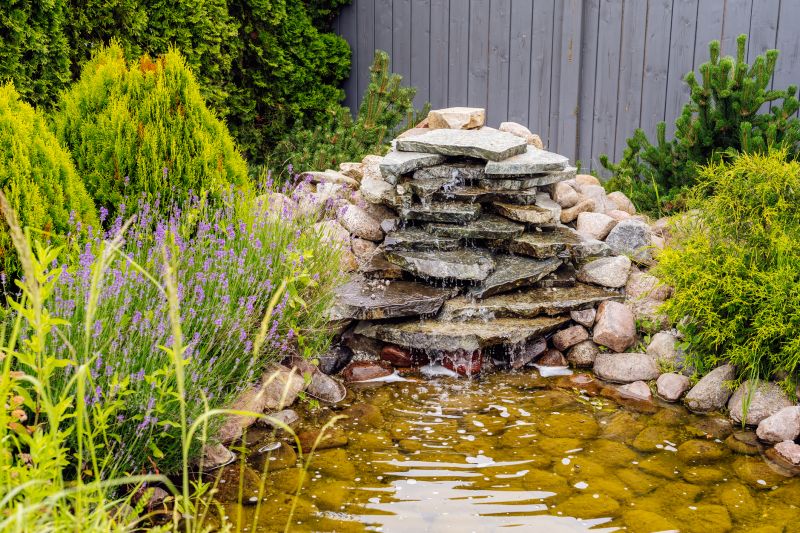
Designing for spring installation maximizes visual impact during warmer months.
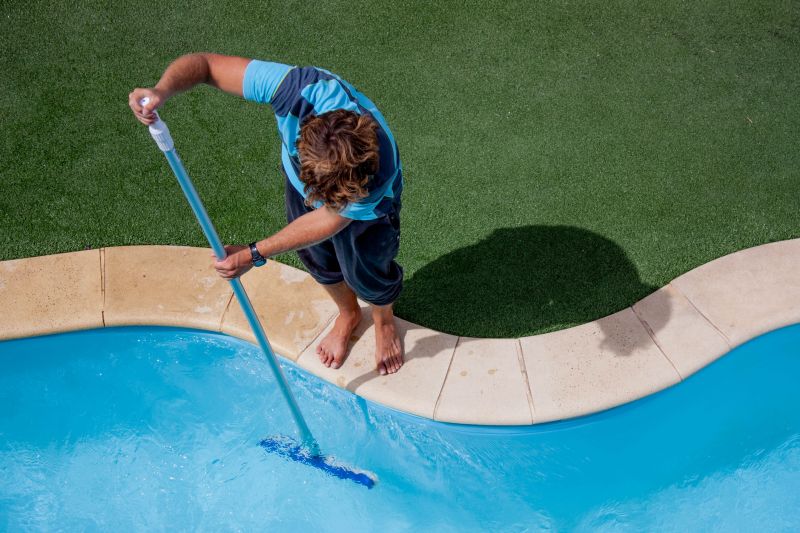
Summer allows for routine cleaning and system checks.
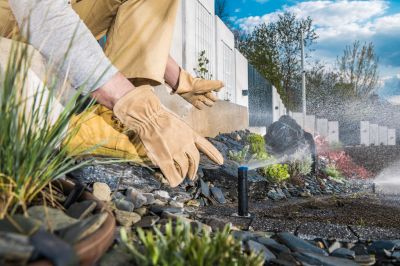
Fall is ideal for winterizing water features to prevent freeze damage.
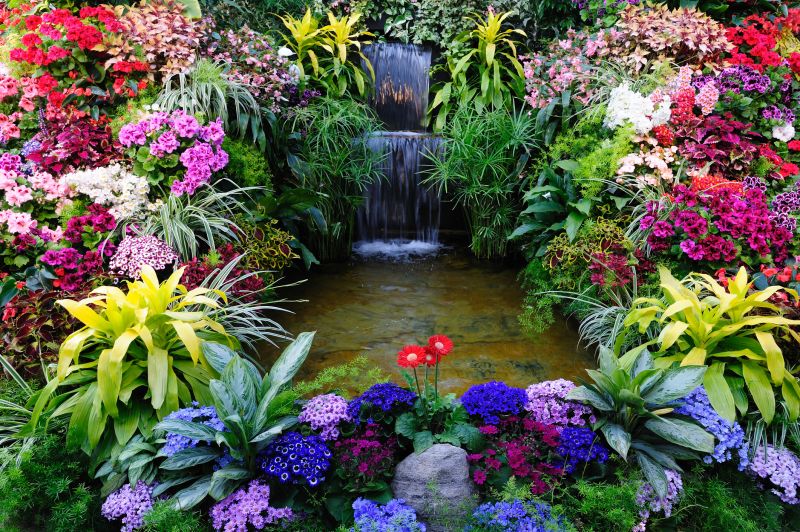
Different features perform best at various times of the year.
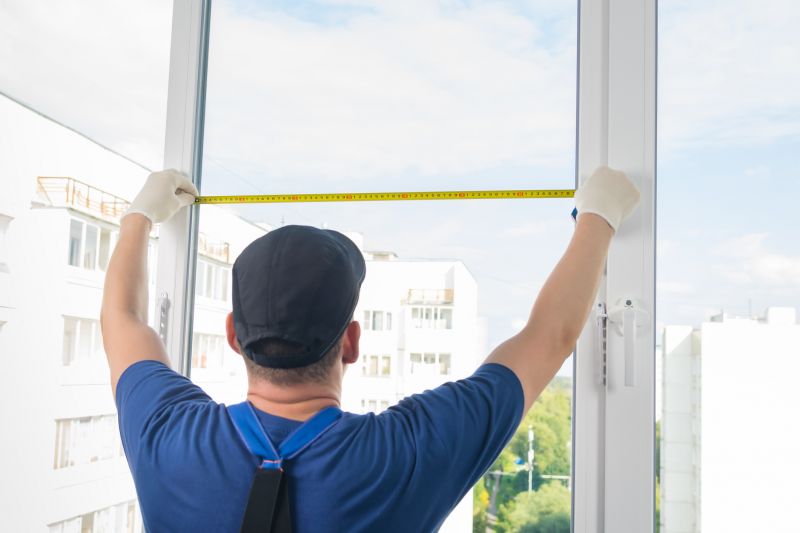
Little measurements that prevent headaches on Water Featureses day.
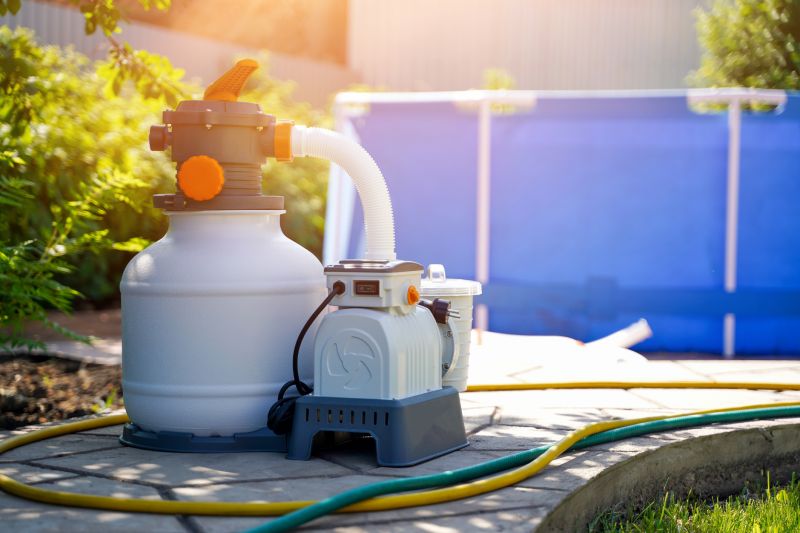
A 60-second routine that keeps Water Featureses looking new.
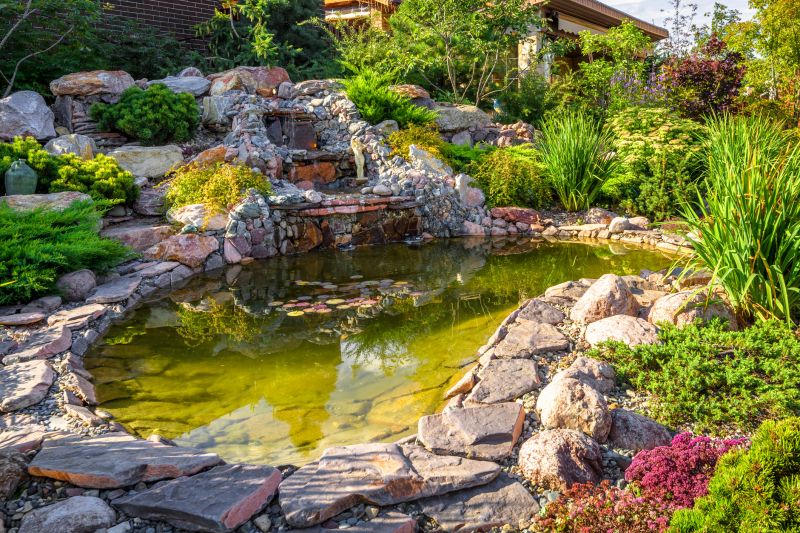
A frequent mistake in Water Featureses and how to dodge it.
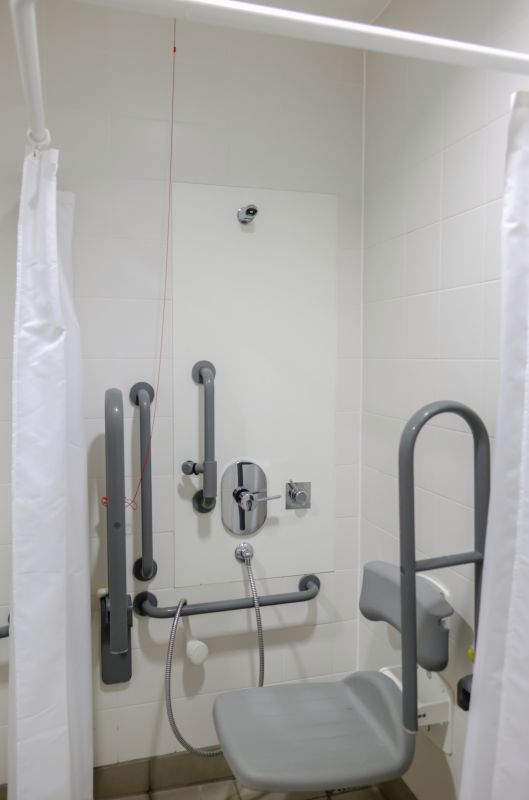
Small tweaks to make Water Featureses safer and easier to use.
Timing plays a crucial role in the longevity and functionality of water features. Installing during mild weather reduces complications related to temperature extremes. Regular maintenance aligned with seasonal changes ensures that water features remain attractive and operational year-round. Consulting with professionals can help determine the optimal timing based on local climate conditions.
Interested in installing or maintaining a water feature? Fill out the contact form to connect with specialists.
